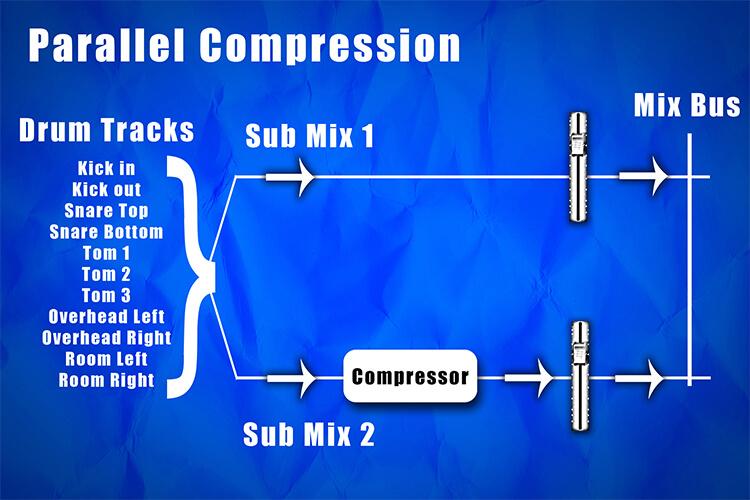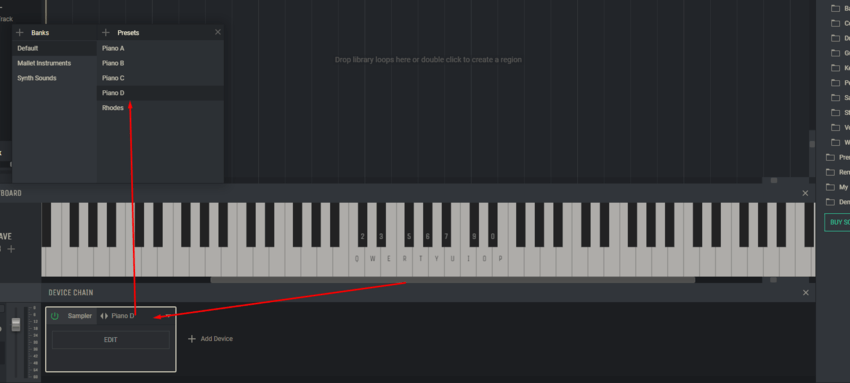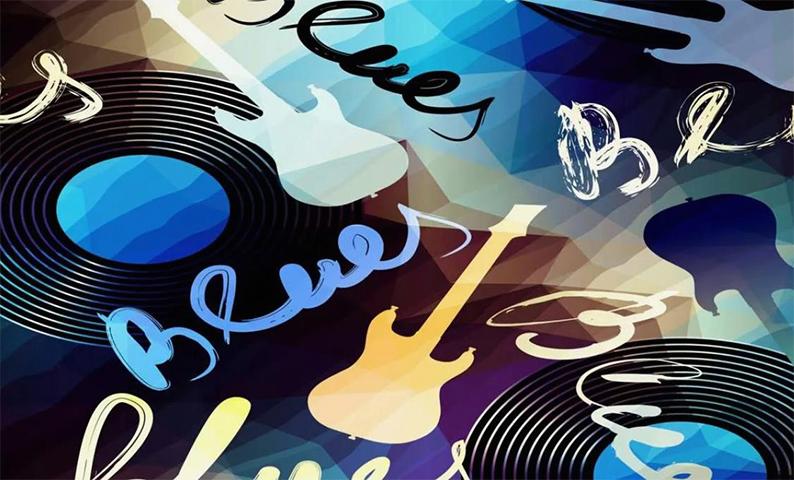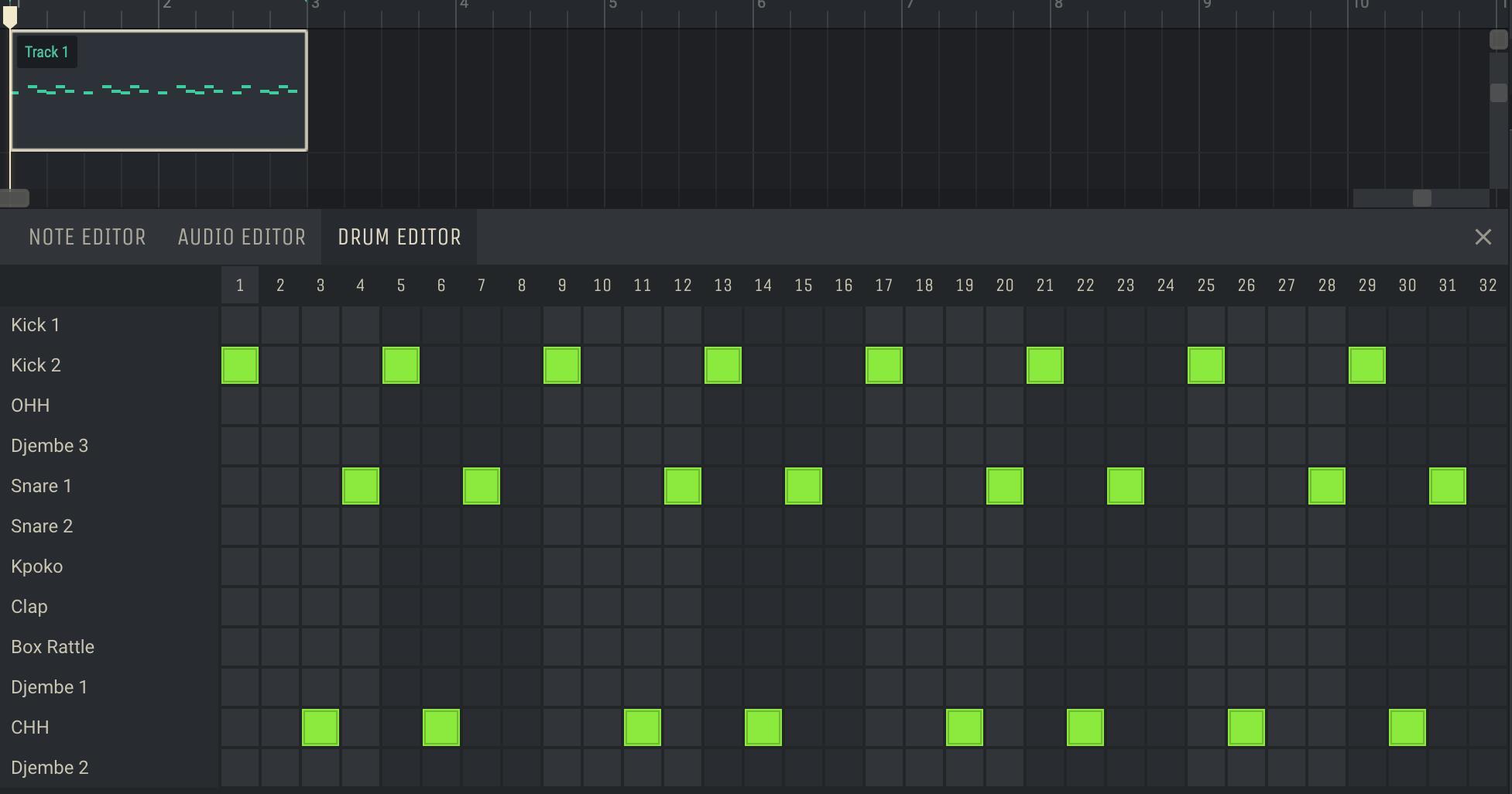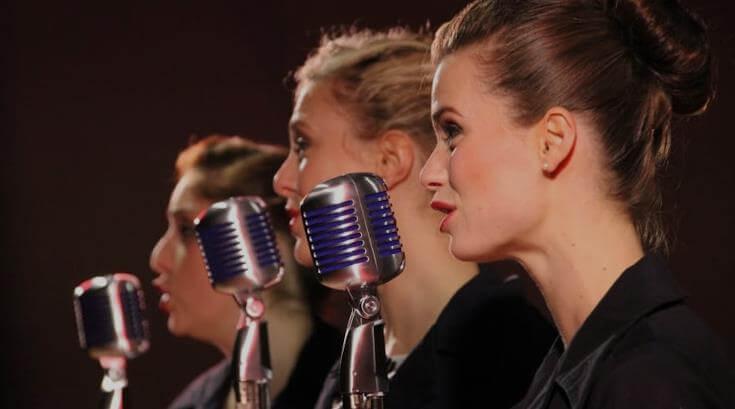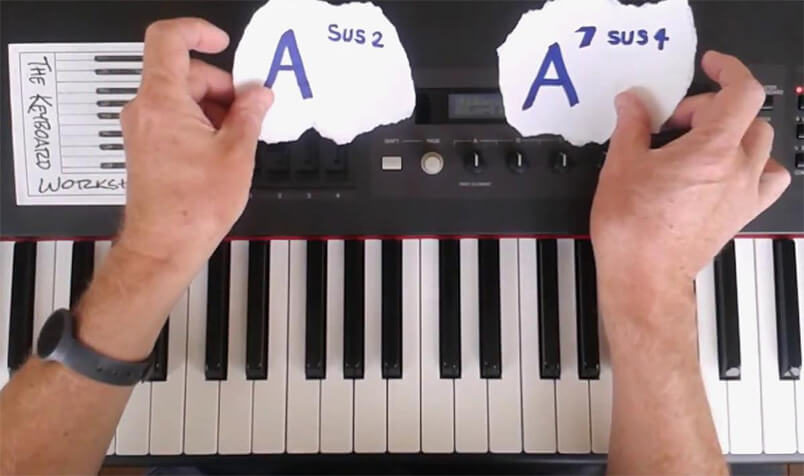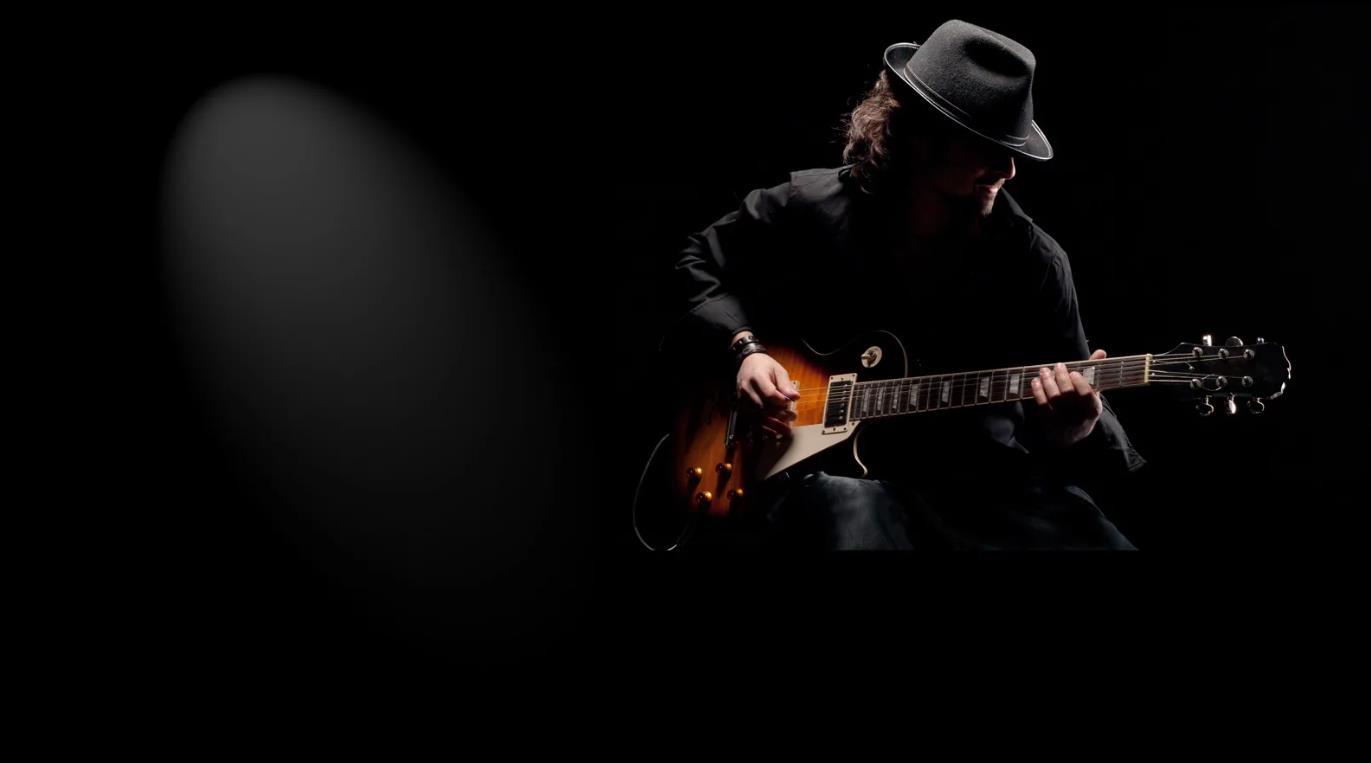How to write song lyrics
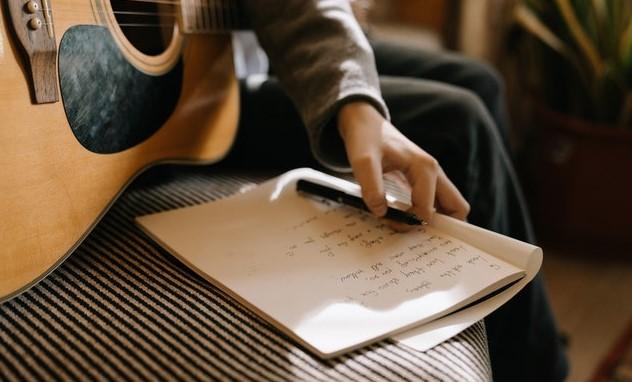
1. The best way to get a good idea is to have a lot of ideas
Successful creativity requires many ideas. In the process of searching for creativity, you should not dismiss any ideas as bad. It’s important to put aside critical thinking until you’ve completed your lyrics or made your first demo of the song. Note that many famous bands can write about 100 songs, of which only 10 will appear on the final album. This means that about 90% of the songs they create and demo tape for remain underappreciated. For example, Prince was known for recording a demo album every two weeks. Therefore, before releasing a new album, it is important to write a lot of different tracks and choose the best ones from them.
2. Get used to recording demos
Make recording demos a daily habit. Strive to do this as often as possible. For example, I use special applications on my smartphone and laptop for these purposes. Learn to create demos quickly and efficiently using a proven method. Don’t be afraid to experiment with the equipment you have on hand, as demo recording doesn’t require expensive equipment.
Pay special attention to recording vocals, as they are often the key component of a song, connecting the melody and lyrics. It’s normal to feel shy when recording vocals, even in your own home. But the more you practice, the easier it becomes. Just start recording and build your vocals, even if the composition is not yet completed and you are not sure about your idea. Listening to your recordings will help you understand how your song sounds to listeners. Don’t forget to also share your demos with your band members, friends and family to see how successful it is.
Another tip: save all your demos. This will help you see the total number of songs written and track your progress. There’s no reason to delete these recordings since they take up little space on your computer in MP3 format. It also gives you the opportunity to free your mind from old ideas and focus on creating new ones.
3. Write down lyrical ideas as they arise
Choose the method you’re most comfortable with for capturing lyrical ideas as they come to mind. A lyrical idea can be anything – a phrase, a sentence, a rhyme, or even one word that you find appealing. Anthony Kiedis of the Red Hot Chili Peppers uses a notebook for this. I prefer to write down ideas in a text file on my smartphone. It’s important not to put off writing until you get home, because you might forget about inspiration. Write down ideas here and now.
Remember the “do not delete” rule. Your evaluations of your ideas may change over time. What seemed great yesterday may seem like a failure today. But when you sit down to write again, you’ll wish you could remember that idea. Save all your notes. I often find that ideas I wrote down a year or two ago end up becoming the basis for a new song. Your text file can be a source of inspiration: when you get stuck on an idea or want to add some originality to your song, just re-read it. This can help a lot. Great songs are often written this way.
4. Try unusual rhyme schemes
A feature of my approach to songwriting is the use of non-standard rhyme schemes and structures. The use of internal rhymes (such as “in spring under the moon”) makes the lyrics more harmonious and melodic. Complex rhymes can add clarity and interest to an acoustic guitar solo.
If you feel confident, take the risk of deviating from standard rhyme patterns like AABB or ABAB. Try, for example, the ABBB or ACCC scheme. It may be more difficult, but the result will be more original lyrics, and the song, thanks to non-obvious rhymes, will acquire a continuous sound.
5. Try to avoid obvious rhymes
Trivial rhymes such as “love-blood” appear frequently in many songs. They can make a composition predictable and banal. Early in my songwriting career, I used rhymes like this a lot. Even the song “Fuel” by Metallica, which is one of my favorites, has rhymes like that.
An effective method is the creative use of obvious rhymes. An online rhyming dictionary, of which there are now a great many, can help with this. However, it is important not to overuse them, so as not to make your songs monotonous and impersonal, or get stuck in a rhyming dead end.
Sometimes writing a second verse after the first can be a difficult task. To overcome creative stagnation, you can use parts of the first verse in the second. This is much better than creating a new, but superficial verse.
6. Meaningless lyrics work
Many musicians build their careers on songs with abstract content. Such lyrics mean texts filled with associations, wordplay, or simply expressive phrases. When listeners perceive such lyrics, they act as an emotional catalyst. Songs whose meaning is not obvious or absent provide an opportunity for the audience to look for hidden metaphors and project their feelings onto them. Additionally, using abstract lyrics promotes creative liberation, adds uniqueness and eccentricity to your music, and generally improves your writing skills.
7. Use non-rhyming text sparingly
This is a matter of debate, but I disagree with the view held in some circles that using non-rhyming verses automatically gives a song more artistry and depth. Often this can only become a cover for poorly written texts. Non-rhyming lines are useful when you want to focus the listener’s attention at a particular moment, but using them too much can make a song seem too abrupt, confusing, and lacking in purpose.
If you don’t want to use strict rhyme, there are different techniques you can try. For example, weak rhymes or words that sound similar can be effective. This is because when singing, vocalizing the words makes the rhyme less noticeable. Also, your accent and pronunciation affect the perception of rhyme. For example, you can watch a YouTube video where Eminem discusses how words can rhyme with “orange.” Learning to write rhyming lyrics is key to the success of your songs. Your rhymes may seem imperfect at first, but over time they will become more sophisticated and give your songs a unique feel.
8. Don’t be afraid to break grammar to create a line that matches the right number of syllables
This is a situation where you are satisfied with the written phrase, but there are problems in its execution. I notice this a lot in popular radio songs. I always wonder why famous artists unnecessarily complicate a song by adding extra syllables when it could be easily fixed. To avoid grammatical obstacles, you can remove unnecessary words (for example, “and”, “also”, etc.) or change their order. It is also possible to change the stress in words to match the melody. Lyrics can fit effectively into a song even if their grammar isn’t perfect. If the lyrics fit well with the melody, it increases its emotional impact and makes the song more appealing to the listener. Sometimes grammatical accuracy may be sacrificed to achieve this goal.
9. Cursing is a sign of a musical “semi-finished product”
Sometimes this happens to me: I have a great melodic idea, but the only words that come to mind turn out to be obscene. This may be an indicator that the composition has not yet been finalized. Perhaps subconsciously you use obscene language to fill in the gaps and maintain the rhythm. Often, after a few months, a suitable alternative lyric is found that fits perfectly with the same melody. Therefore, there is no need to rush to include this song in the album. It’s better to leave it as a demo and continue working on other tracks.
10. Anything can be a source of inspiration for writing a lyrical song
You don’t have to put a lot of creative effort into creating a great song. Sometimes inspiration comes from the most ordinary things. I’ve written quite a few songs about simple objects and everyday events, like what I ate for lunch. When you suddenly have an uncontrollable urge to write a song, it may be a sign that you already have a good idea brewing on a subconscious level. And it doesn’t matter what it’s about. Even if the words don’t seem to make sense, the melody and chords may be brilliant, and over time another lyrical idea will follow.
You can record a demo version of a song in a genre that is unusual for you, write a comic song if your compositions are usually serious, or a sad song if your songs are usually joyful. The more you write, the more familiar and easier the songwriting process becomes. And remember, the key to writing a good song is often writing a lot of bad ones!


